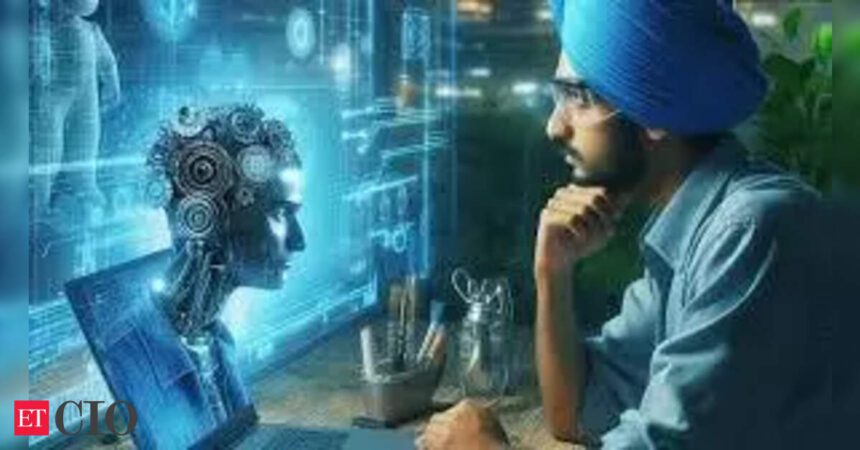85% of Engineers are Committed to Upskilling in FY26, in Light of AI Disruptions
The survey found that 85% of engineers plan to upskill in FY26, with Artificial Intelligence and Machine Learning recognized as the most preferred domains. Following these, Data Science and Analytics, Software Development, Cloud Computing, and Cybersecurity are also gaining traction. Within AI & ML, skills in Generative AI and Agentic AI are particularly sought after, along with foundational knowledge in Python programming and Natural Language Processing (NLP). Career progression is cited as the main motivator, with professionals highlighting financial growth (20%), promotions (12%), new opportunities (12%), and the need to prevent skill obsolescence (11%) as their primary incentives.
Engineers are prioritizing speed and practicality in their learning approaches. A significant two-thirds (66%) prefer courses that last less than six months, with only 5% willing to commit to programs extending beyond one year. A majority are gravitating towards certificate programs offered by Indian and international universities instead of traditional Master’s or Doctorate degrees, allowing them quicker access to job-ready skills. This trend reflects the urgency with which professionals aim to align with organizations that are rapidly adopting new technologies and demanding tech readiness right from the start.85% of Engineers are Considering Switching Jobs
The survey highlights notable career mobility, with 85% of engineers either actively or passively pursuing new job opportunities this year. According to the survey, the leading workplace concerns among Indian engineers are work-life balance (33%), job security (18%), and career stagnation (14%).
Discussing the significance of continuous learning for engineers, Maruti Rao Taluru stated, “Experiencing the aerospace industry has made me acutely aware of how swiftly technology is changing around us, which motivated me to invest in learning AI and ML. These competencies are not only transforming aerospace but every field. My advice to future engineers is to establish strong fundamentals while fostering curiosity, resilience, and adaptability. By collaborating with peers and mentors and applying their learning to real-world challenges, they can future-proof their careers and contribute to India’s growth in an AI-driven era.”
Hari Krishnan Nair, Co-Founder of Great Learning, remarked, “Being an engineer today is vastly different from two decades ago. Engineers are at the forefront of witnessing and driving the massive shifts caused by AI and other emerging technologies. The skills that once ensured success are no longer sufficient; today’s engineers must continually adapt, reskill, and broaden their expertise to remain relevant. At Great Learning, over half of our learners hail from engineering backgrounds, showcasing how this community is embracing lifelong learning. By mastering next-generation skills in AI, data, cloud, and cybersecurity, engineers are preparing themselves not only for the future of work but also for propelling India’s advancement into a decade characterized by deep tech and innovation.”As India stands on the brink of an AI-driven future, the survey highlights that engineers are not just cognizant of the disruptions altering their profession, but they are also proactively preparing to excel in this new reality. With a clear focus on upskilling in next-generation domains such as AI, ML, data, and cloud, alongside a preference for agile, industry-centered certificate programs, engineers are positioning themselves as the backbone of the country’s technological transformation. This collective commitment to continuous learning and adaptability underscores the pivotal role Indian engineers will play in shaping innovation, competitiveness, and long-term economic growth in the years to come.









